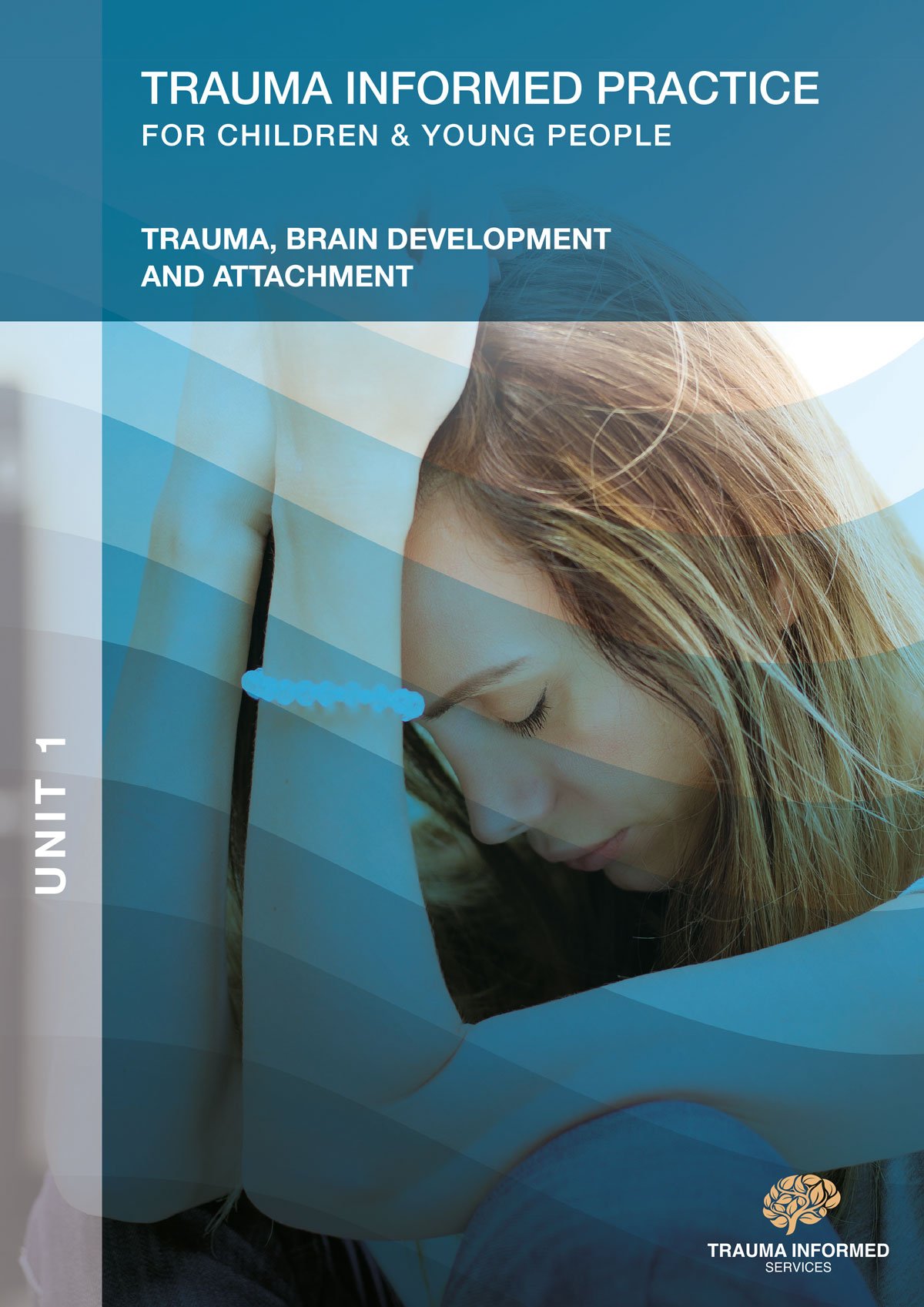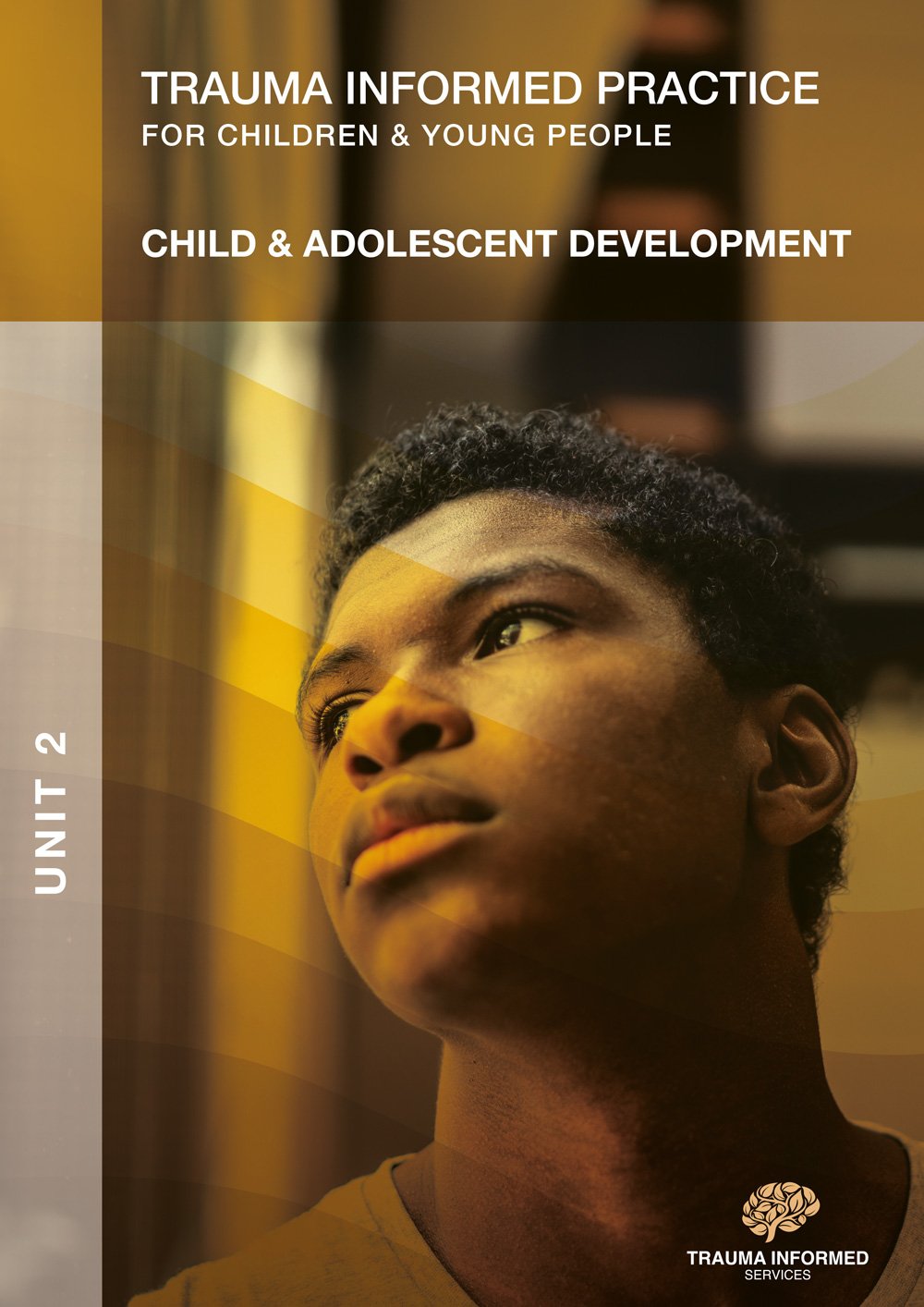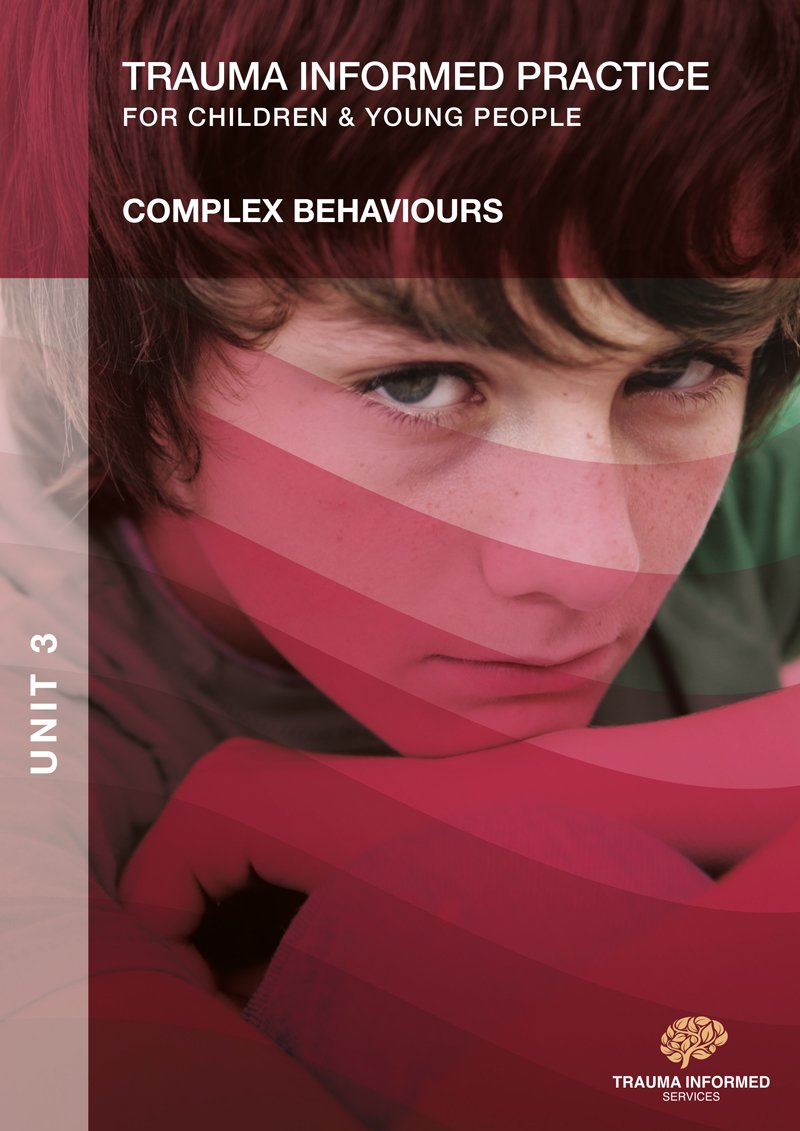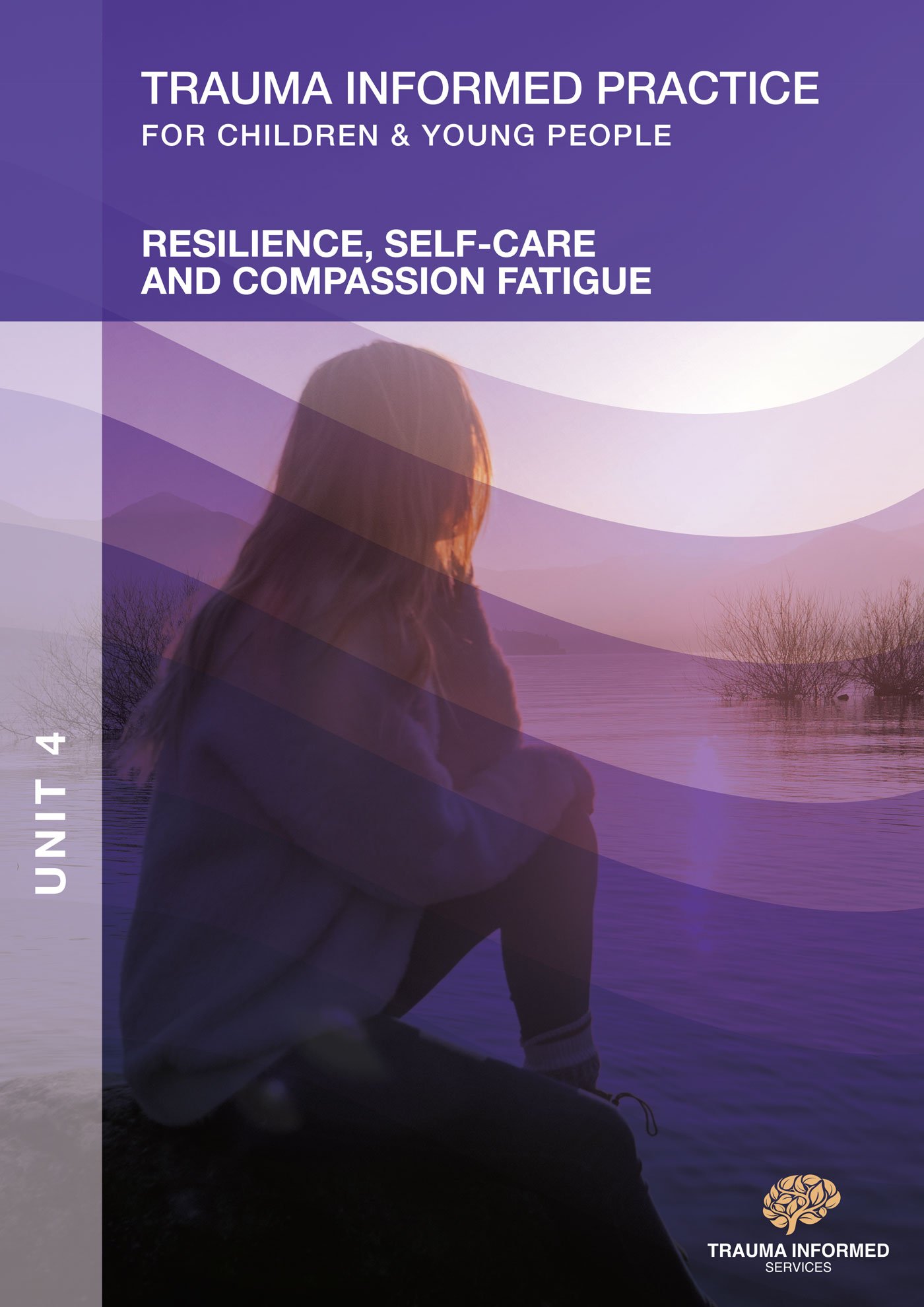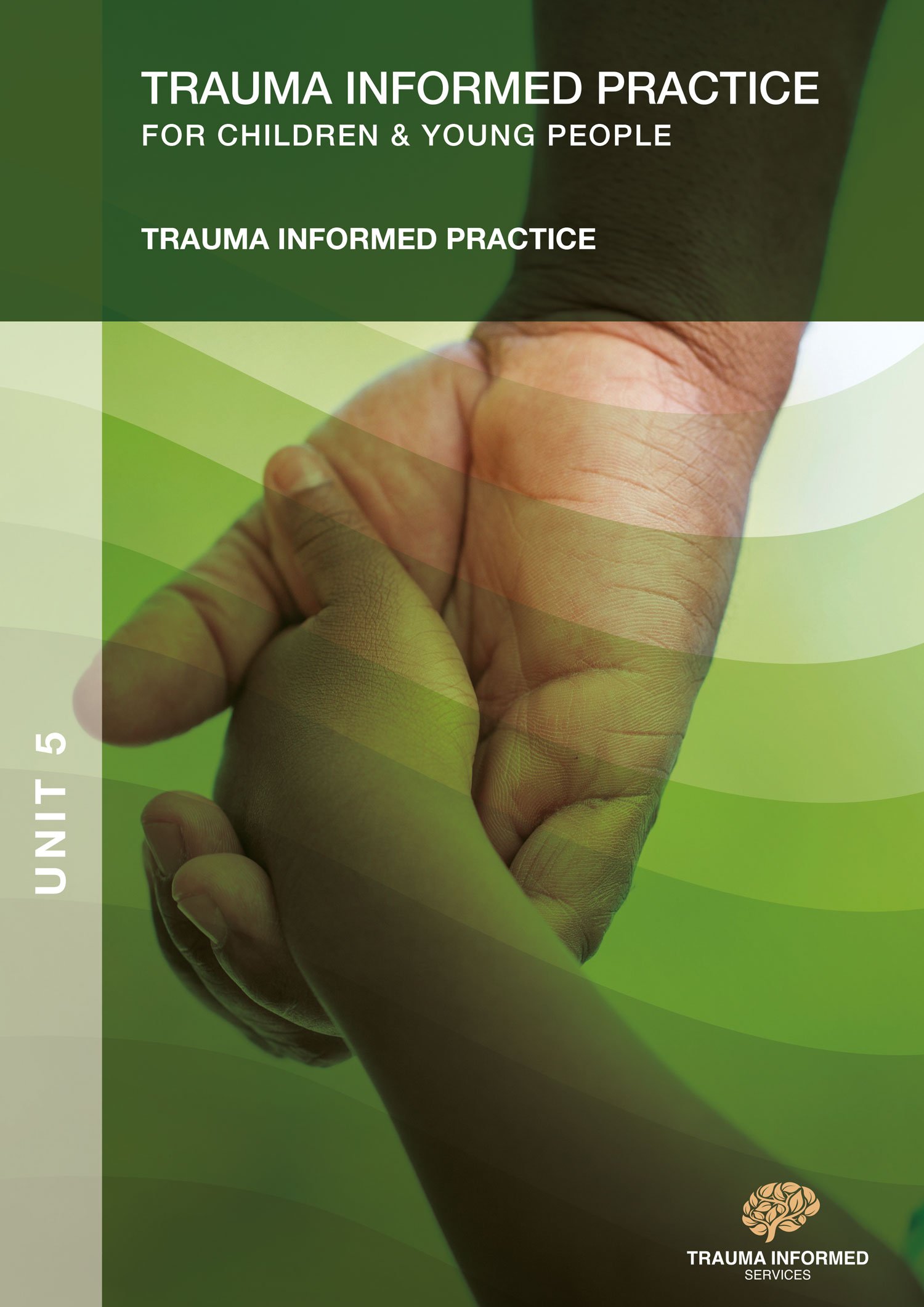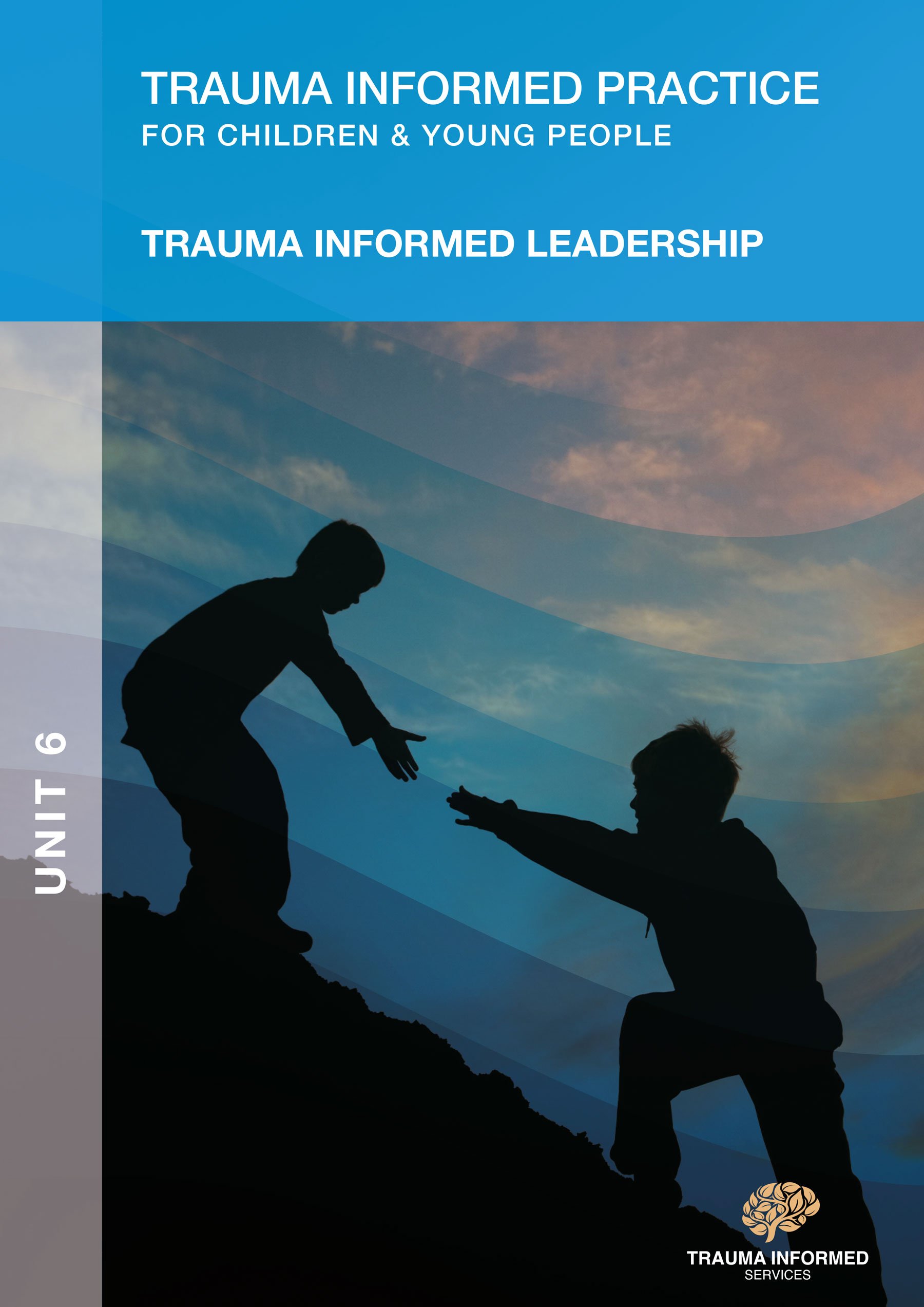Trauma Informed Practice for Children & Young People
This customised qualification has been created for anyone working with or caring for children and young people in care. Delegates will fully understand the profound impact of childhood abuse and how this leads to behaviours which can be extremely challenging for those caring for them.
The course will provide delegates with the knowledge, tools and strategies to effectively care for children and young people by adopting therapeutic parenting and trauma informed principles into everyday practice.. These principles will create safety, trust and a sense of belonging enabling children to heal, flourish and improve lifelong outcomes.
This course is delivered by Consultant Clinical Psychologists who have significant front-line experience in a wide range of community settings including Secure Settings, Children's Homes, Fostering, and Community Mental Health Services.
The course comprises of six units as described below:
This qualification has been accredited by NCFE under the Customised Qualification and the certificate of achievement will be issued directly by NCFE.
NCFE is an awarding organisation recognised by the qualification regulators for England (Ofqual), Wales (Qualifications Wales) and Northern Ireland (CCEA Regulation). This is an unregulated qualification and is not a nationally recognised qualification.
2025 Course Dates:
January 14th/17th/21st/28th/31st & February 4th/7th
April 29th/May 6th/13th/20th & 3rd/ 10th June
This customised qualification has been created for anyone working with or caring for children and young people in care. Delegates will fully understand the profound impact of childhood abuse and how this leads to behaviours which can be extremely challenging for those caring for them.
The course will provide delegates with the knowledge, tools and strategies to effectively care for children and young people by adopting therapeutic parenting and trauma informed principles into everyday practice.. These principles will create safety, trust and a sense of belonging enabling children to heal, flourish and improve lifelong outcomes.
This course is delivered by Consultant Clinical Psychologists who have significant front-line experience in a wide range of community settings including Secure Settings, Children's Homes, Fostering, and Community Mental Health Services.
The course comprises of six units as described below:
This qualification has been accredited by NCFE under the Customised Qualification and the certificate of achievement will be issued directly by NCFE.
NCFE is an awarding organisation recognised by the qualification regulators for England (Ofqual), Wales (Qualifications Wales) and Northern Ireland (CCEA Regulation). This is an unregulated qualification and is not a nationally recognised qualification.
2025 Course Dates:
January 14th/17th/21st/28th/31st & February 4th/7th
April 29th/May 6th/13th/20th & 3rd/ 10th June
This customised qualification has been created for anyone working with or caring for children and young people in care. Delegates will fully understand the profound impact of childhood abuse and how this leads to behaviours which can be extremely challenging for those caring for them.
The course will provide delegates with the knowledge, tools and strategies to effectively care for children and young people by adopting therapeutic parenting and trauma informed principles into everyday practice.. These principles will create safety, trust and a sense of belonging enabling children to heal, flourish and improve lifelong outcomes.
This course is delivered by Consultant Clinical Psychologists who have significant front-line experience in a wide range of community settings including Secure Settings, Children's Homes, Fostering, and Community Mental Health Services.
The course comprises of six units as described below:
This qualification has been accredited by NCFE under the Customised Qualification and the certificate of achievement will be issued directly by NCFE.
NCFE is an awarding organisation recognised by the qualification regulators for England (Ofqual), Wales (Qualifications Wales) and Northern Ireland (CCEA Regulation). This is an unregulated qualification and is not a nationally recognised qualification.
2025 Course Dates:
January 14th/17th/21st/28th/31st & February 4th/7th
April 29th/May 6th/13th/20th & 3rd/ 10th June
Unit 1:
Trauma, Brain Development & Attachment
Learning Outcomes:
Understand how early relationships with primary care givers impacts brain development
Understand changes that happen to the brain during adolescence
Understand the principles of attachment theory and how these apply in day-to-day practice
Understand what is meant by relational trauma and how this can present in children
Explore the principles of ‘therapeutic parenting’ and how we can apply these in day-to-day practice
Unit 2:
Child & Adolescent Development
Learning Outcomes:
Understand the different areas of child and adolescent development
Understand the factors that can affect healthy development
Understand the prevalence of difficulties among children who are, or are at risk of being, looked after
Understand the difference between chronological and developmental age
Understand social and cultural factors that can affect development, including difficulties faced by LGBTQ+ children
Unit 3:
Complex Behaviours
Learning Outcomes:
Understand why children display complex behaviours
Understand how developmental theories underpin complex behaviours
Understand the term ‘formulation’ and how it helps us understand complex behaviours
Learn theories about child development that enable us to understand complex behaviours
Understand why children may lie or make false allegations
Learn ways to work with children who may lie or make false allegations
Understand why children self-harm and how to support them
Understand the term ‘harmful sexual behaviour’ and how to support children with a history of this behaviour
Understand why some children may engage in aggressive or violent behaviour
Learn how to work with children who display aggressive or violent behaviour
Understand how violent and, or aggressive behaviour impacts upon the wider team
Unit 4:
Resilience, Self-Care & Compassion Fatigue
Learning Outcomes:
Understand resilience and its importance when working with children in care and children who have experienced trauma
Understand how resilience and relationships are connected
Understand the meaning of indirect trauma
Explore their own triggers, signs of stress and reduced resilience
Explore own self-care needs and support options
Understand what self-regulation is and why it is important
Understand compassion fatigue and how it impacts practice and relationships with children in care and children who have experienced trauma
Understand the importance of reflective practice and supervision
Unit 5:
Trauma Informed Practice
Learning Outcomes:
Understand the concept of adopting a ‘trauma lens’ within practice
Understand why we don’t say ‘what is wrong with you?’
Learn how to apply the core principles of a trauma informed approach
Understand the wider implications of safety
Understand the concept of re-traumatisation
Recognise a trauma informed environment
Learn about ACEs and the importance of building relationships
Be able to reflect on group living dynamics
Understand how to work with breaks in relationships
Understand the importance of positive endings
Learn about restorative approaches
Understand why formulation is critical within the care planning process
Unit 6:
Trauma Informed Leadership
Learning Outcomes:
Understand how trauma impacts organisations
Understand the importance of positive role modelling by managers
Understand how emotions affect the way we work
Understand the concept of re-enactment and why it isn’t helpful
Understand how secondary trauma can lead to compassion fatigue and burnout
Recognise why leadership is important when adopting a therapeutic parenting approach
Explore how supervision can help embed trauma informed practice
Course FAQs
-
No. The units should be completed in order (1 to 6).
-
You can but this is not accredited. We recommend completing all units (1-6) to obtain the Level 4 Award.
-
Yes, we would provide you with a certificate of attendance without the accreditation from the NCFE.


